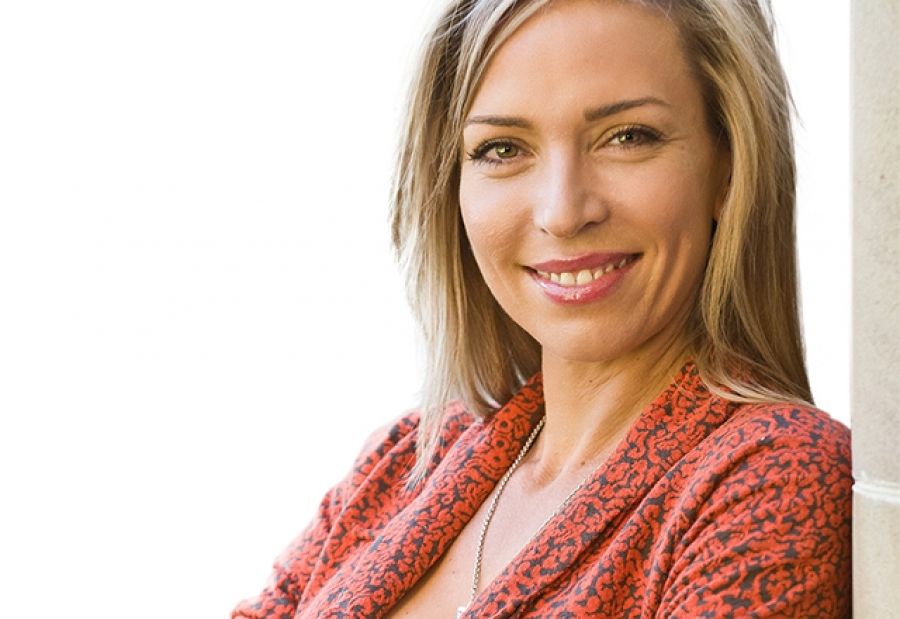
- Free Article: No
- Contents Category: Poet of the Month
- Custom Article Title: Bronwyn Lea is Poet of the Month
- Review Article: No
- Custom Highlight Text:
Which poets have most influenced you? I first fell for the British Romantics: Keats for his sensitivity, and Byron for his humour, both qualities I try to exercise in my own work. Otherwise it’s the Americans of last century: the Moderns, Stevens in particular, and later the West Coast poets. I like to find these poets thinking (and sometimes running) in my poems.
What’s the difference between poetry and prose?
In prose, a sentence has a single beginning and an end, but set in lines the same sentence refracts into additional beginnings and endings, granting heightened significance through emphasis and a sense of equivalence as words are balanced against each other. For this reason, poets will never fully abandon the line break.
What circumstances are ideal for writing poetry?
A room of one’s own and £500 a year, adjusted for inflation and cost of living.
Which poet would you most like to talk to – and why?
I’d like to talk to Anna Akhmatova about her life, disproportionately blackened as it was by history; alternatively, Oscar Wilde, as I’d like to taste his wit in person (and give him a hug).
What do poets need most: solitude or a coterie?
Solitude. Poets must revisit moments of consequence and settle into sites of extreme emotion – love, pain, loss, joy – for as long as is necessary to shape them into language. It is impossible to do this work in the company of others.
What have you learned from reviews of your work?
I’ve learned that minor poems sometimes make stronger impressions than ambitious poems I’ve sweated over. I’ve learned to trust, sometimes even love, these little pebbles.
If Plato allowed you to keep one poem or poetry collection in his Republic, what would it be?
The great thing about poems is that they can be memorised, so we needn’t be limited by Plato’s autocratic rules. Poems can surge in the blood stream or lie dormant in the recesses of the mind before springing into action, and they can be transmitted without technology, via the instrument of the human voice box. We are all, potentially, walking libraries of poems.
Do you have a favourite line of poetry (or couplet)?
I am a person of many favourites, but here’s a couplet from William Blake: ‘I must Create a System or Be enslav’d by another Man’s / I will not Reason and Compare: my business is to Create.’ It was scored on my brain at an impressionable age, and possibly ruined my life. Or saved it. As a feminist, I took the gendered noun quite literally, and still do.
Is poetry generally appreciated by the reading public?
Most people don’t think about poems until they need one. One of the few unquestioned uses of poetry is its priestly function at baptisms, weddings, and funerals – or any occasion in which ordinary language is insufficient to the emotion. Sometimes people borrow the words of poets. Sometimes they compose their own. This too is good.
Bronwyn Lea was born in Tasmania and grew up in Queensland and Papua New Guinea. She is the author of Flight Animals (UQP, 2001), winner of the Wesley Michel Wright Prize and the FAW Anne Elder Award, and The Other Way Out (Giramondo, 2008), which won the WA Premier’s Book Award for Poetry and the SA Premier’s John Bray Poetry Prize. Her most recent collection is The Deep North: Selected poems (George Braziller, 2013). She teaches creative writing at the University of Queensland and is poetry editor for Meanjin.


Comments powered by CComment